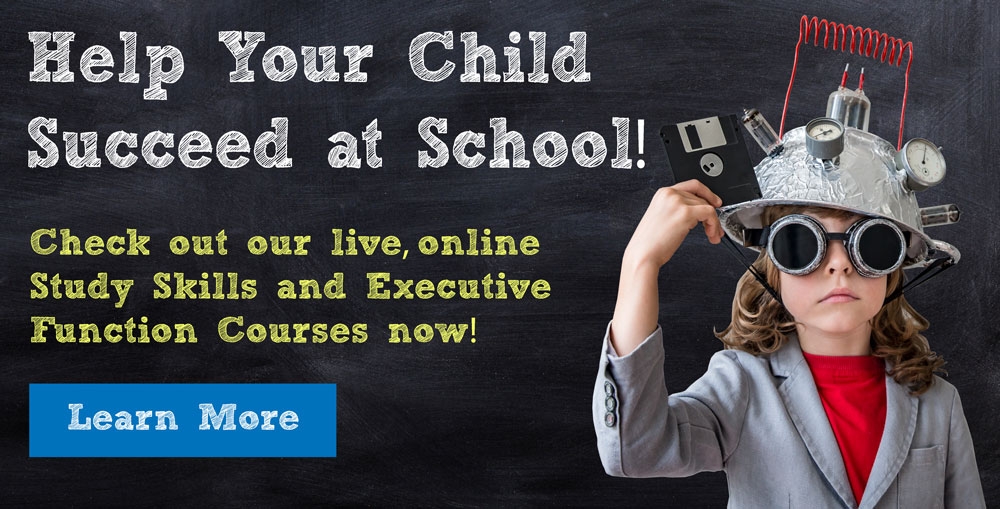
Lauren is an aspiring artist who loves drawing and anime. She often finds herself heavily engaged in anything music or art related. Ask her about either subject, and she has a wealth of knowledge to share with you. But if it’s any other topic, often those that she studies at school, it’s difficult for her to stay focused and remain interested. Lauren’s parents have started to get concerned that this will hold her back in school. They began to wonder how they could help her to stay focused on topics she doesn’t love with a similar enthusiasm to the topics that she does love.
Children and adults with ADHD are capable of being attentive and focusing, however; it is often only if they are engaged in something they truly love. In fact, many individuals with ADHD become overly focused on those activities that engage their brain. These activities vary among people, so while some individuals with ADHD might be unable to remain focused while reading this paragraph, others could become so absorbed in a book that they could completely lose track of time.
Most individuals with ADHD can easily report the types of activities that engage their brains and sustain their focus. These engaging activities may have some neurobiological commonalities. One hypothesis is that individuals with ADHD may have problems with the activation of dopamine in the synapses of the brain. This premise posits that individuals with ADHD underproduce dopamine in their brains while engaged in common tasks but produce normal amounts of dopamine while engaged in preferred activities. This is why kids with ADHD may get so focused on playing video games or adults may become absorbed in their favorite activities.

There are common characteristics in activities that often prompt increased levels of attention and focus in kids and adults with ADHD. The activities tend to be highly stimulating, involve challenges that are surmountable, provide immediate feedback, and facilitate activity in both the brain and the body. Finding the right activities to help individuals with ADHD be focused and attentive can transform their performance at school and satisfaction in a vocation.
There appear to be similarities in activities on which kids and adults with ADHD are able to sustain their attention and focus. Here are some of our favorites:
-
Extreme or movement sports – Adding an element of danger to a sport such as riding a bike fast, skiing down fall lines, or surfing big waves may make a sport more engaging to an individual with ADHD. In addition, sports that involve complex body movement such as martial arts and rock climbing can also be helpful in improving focus and attention.
-
Arts and crafts projects – Hands-on activities are often very engaging for children and adults. Children and Adults with ADHD can become absorbed in projects such as child and adult coloring books and computer-based creativity.
-
Construction projects – Children with ADHD tend to enjoy constructing with LEGOS. Many adults with ADHD find themselves involved in the building trade because it is hands-on, has a definable goal, and requires sustained movement.
-
Playing with technology – Technology has positive and negative attributes for individuals with ADHD. Children with ADHD can sometimes be focused on cognitively-engaging video games to the exclusion of other activities. In adults with ADHD, a similar over focus can be productive when they are employed in the computer and technology industries.
-
Stressful and risky activities – Conflict and risk engage the attention and focus of some kids with ADHD. Many adults with ADHD are drawn to vocations where they must respond to emergencies such as firefighting or being an emergency medical technician or an emergency room physician.
By engaging in these types of activities, individuals with ADHD can practice sustaining their attention. With a little help, these same individuals can then begin to practice this similar attention in school, work, and other settings in their life where they may not be quite as interested.
Receive online class information and helpful tips from Dr. Randy Kulman's LearningWorks for Kids |




